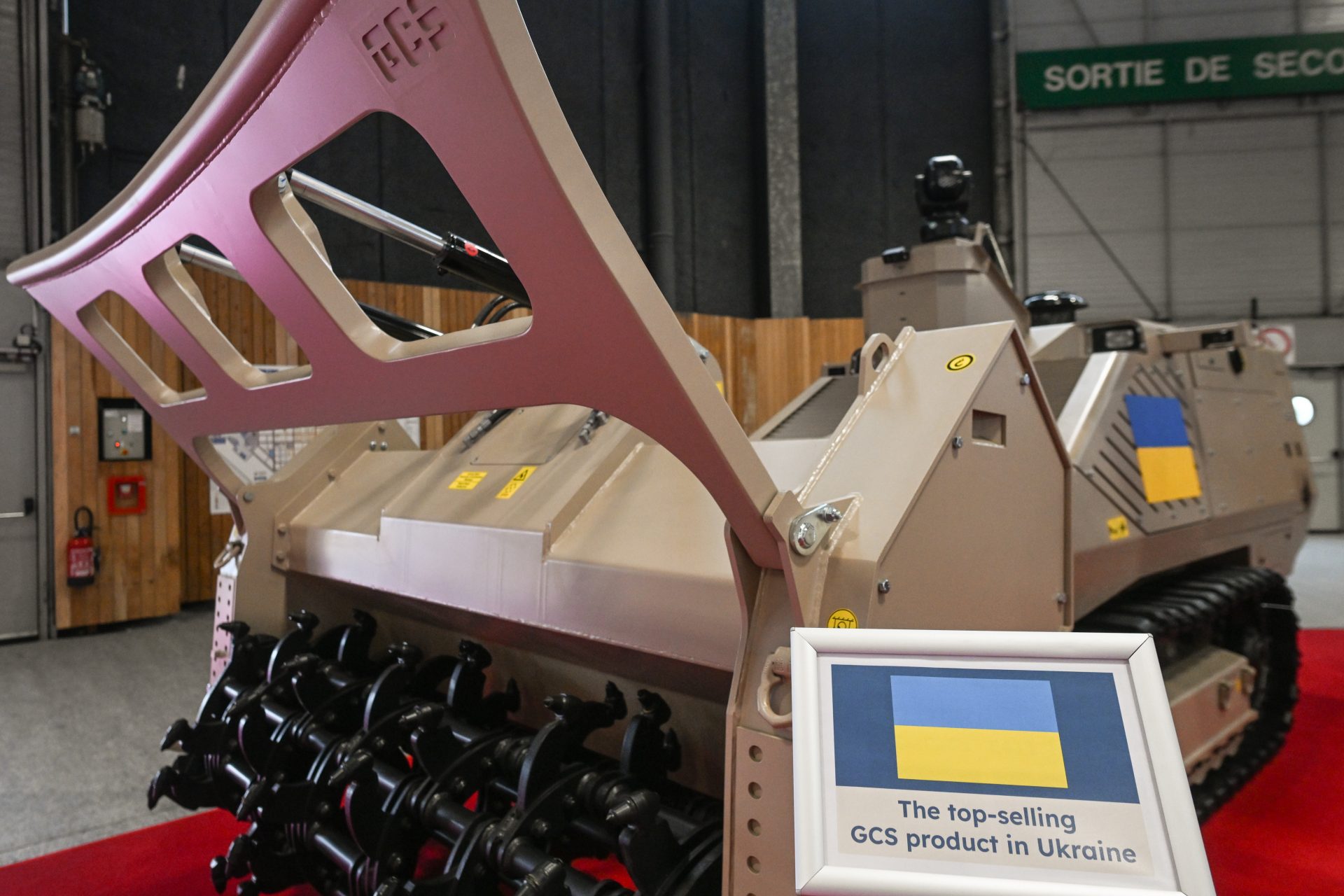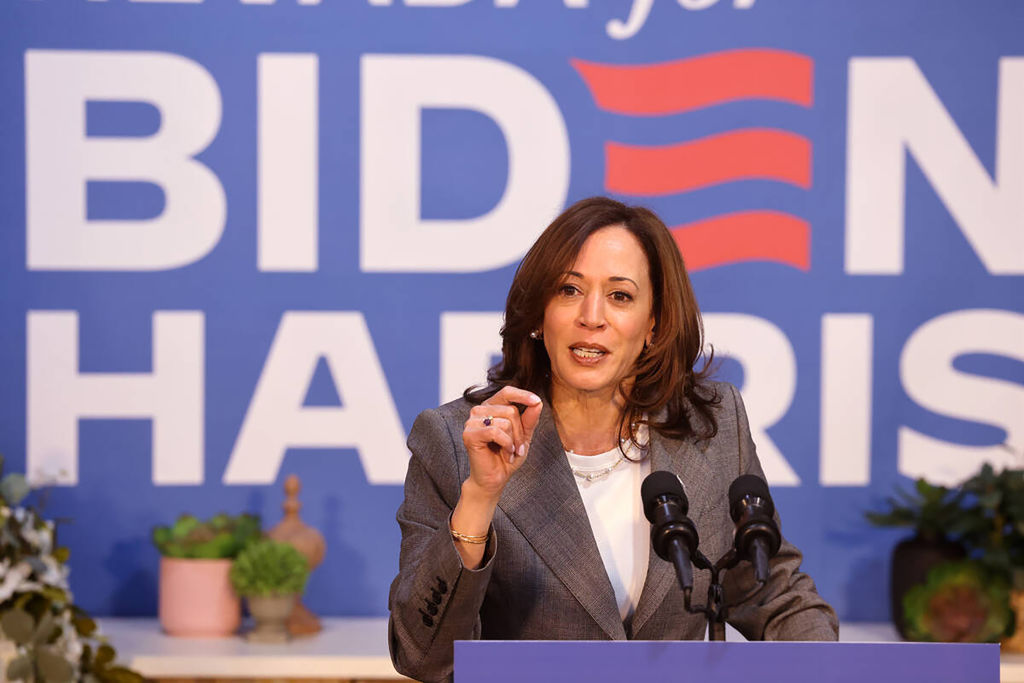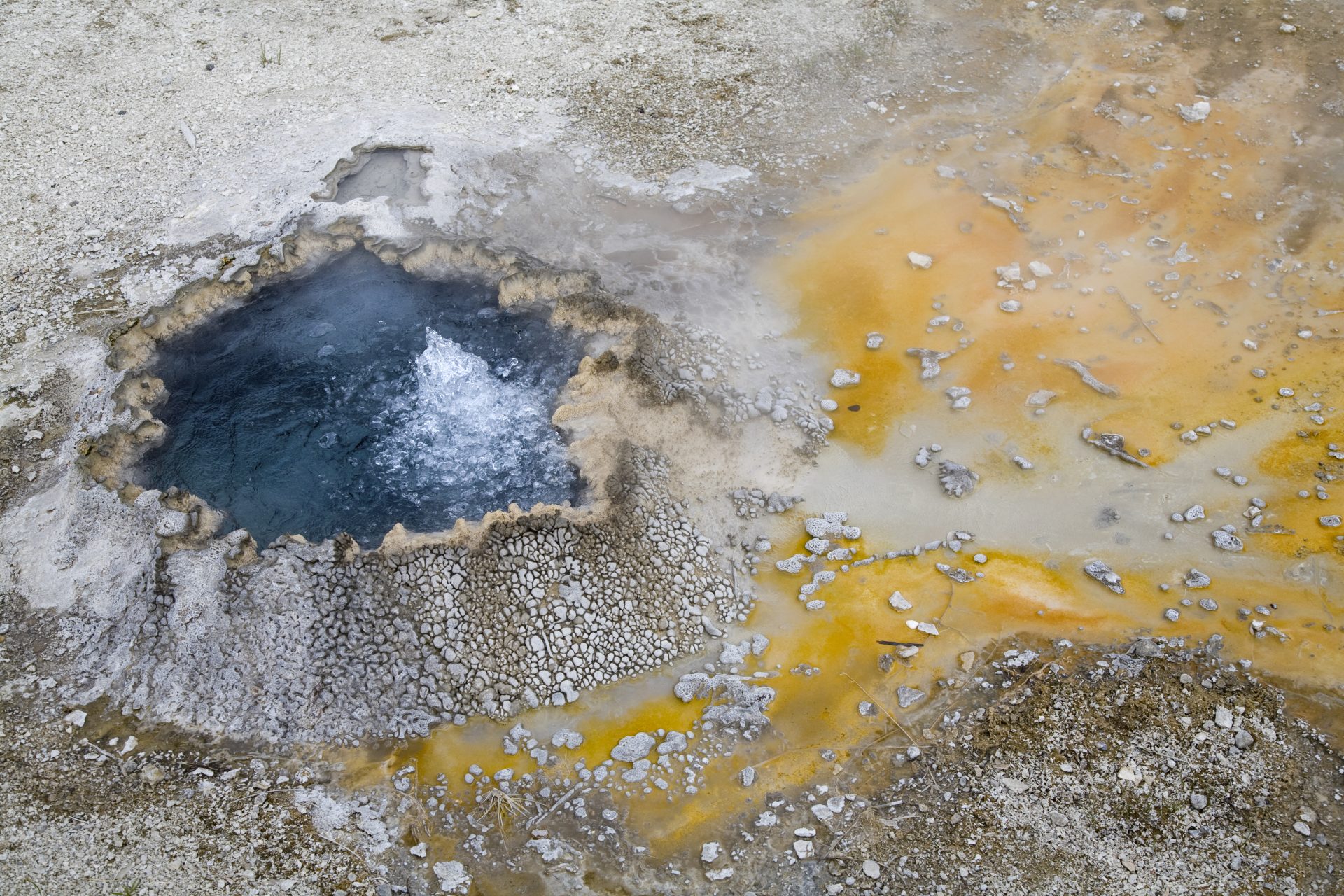Nuclear City: what life is like in Beijing's underground nuclear bunkers
There is an underground settlement in Beijing, the capital of China, that is said to be home to an estimated one million people.
It is a tunnel system consisting of thousands of air-raid shelters that was built by Mao Zedong in the late 1960s because he feared a nuclear attack.
The picture shows one of the entrances to the bunker housing located behind, luxury apartments. Due to soaring rents in Beijing, many of the city's migrant workers have been forced to move to these small underground apartments.
Here we see the manager of a housing complex in a Chinese air-raid shelter putting up a community rules sign on the outskirts of Beijing.
A man prepares food in the communal kitchen.
The laundry hangs to dry in the corridors of the underground settlement.
A clerk gets up to help a customer in an underground supermarket. But there are also community centers, bars, dance schools and beauty salons.
A man sits in his cramped bunker dwelling where he keeps all his belongings. When the Cold War was over, the Department of Defense began renting out the bunkers as apartments.
This young woman's room is decorated with posters. The bunker apartments are about 4 square meters in size, clean and, contrary to expectations, not at all damp or smelly. Most of the time, the bed is used as a storage area during the day.
A washing machine is in the bathroom. There are few pictures of this city under the city, because foreigners are not allowed to enter. Security guards or caretakers guard the settlements and do not let anyone in.
The reason for this is that the Chinese state wants to keep the underground nuclear bunker apartments a secret.
An apartment can be rented for 700 Chinese Yuan Renminbi, which is about $109 USD, roughly $27 USD per square meter.
Many of the residents only use the bunkers as temporary accommodation. It is bearable to live there, but not in the long term, because living in small quarters underground in not good for mental health. But you can save faster there in order to buy a house in a village later.
The picture shows one of the hotel rooms with beds where you can stay for little money.
This "hotel room" is so narrow that the beds are place head to toe.
This picture shows a cat at the entrance to one of the entrances to the air raid shelters. However, the city authorities themselves state that around 281,000 people live underground in Beijing.
A woman does her dishes in one of the communal laundry rooms.
For an article, reporters from Galileo (Pro7) ventured into the settlements with the risk of being caught. The picture shows one of the hairdressing salons in the underground city, which is also home to whole families with children.
Image: YouTube / Screenshot Galileo: Nuclear City: Die Bunker-Stadt unter Peking | Galileo | ProSieben
There is even a billiard room.
Image: YouTube / Screenshot Galileo: Nuclear City: Die Bunker-Stadt unter Peking | Galileo | ProSieben
In the city under the city, live ordinary people who go to work every day or even have their shops there. In a city where rental prices are constantly rising, there is a chance to buy and save money in the hopes of fulfilling your dreams.
More for you
Top Stories

































